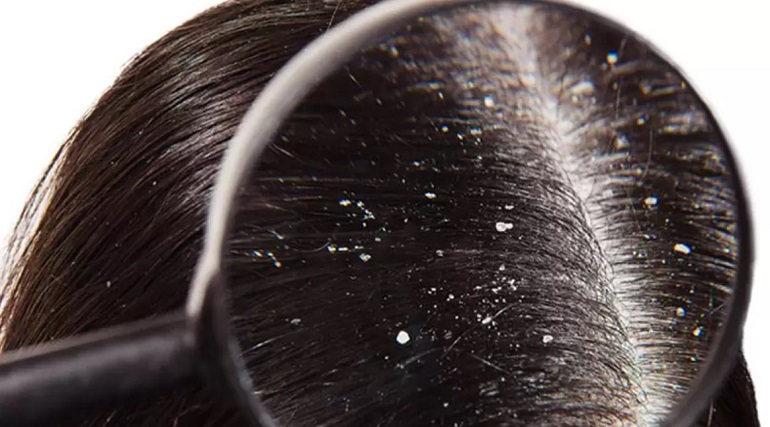Dandruff is a surprisingly common condition that affects approximately 50% of the Australian population. The issue isn’t contagious but it does result in flaky skin on your scalp. These flakes will gradually fall off and frequently settle on your shoulders. In short, it can be highly embarrassing although it is not indicative of any serious issue.
Common Signs Of Dandruff
The most common sign that you have dandruff is when you have small skin flakes on your clothes. You’ll also experience skin flakes on your scalp and various parts of your face. Your scalp is likely to be itchy and, if a child has dandruff, their scalp is likely to be crusty.
It’s worth noting that dry and cold weather make it flare up more, as does being stressed. In most cases, a visit to the doctor is not necessary. You simply need to work out what is causing the issue and change your habits.
Common Causes Of Dandruff
The most common cause of dandruff are having oily skin that is easily irritated. Dry skin, a yeastlike fungus on your scalp, sensitivity to hair products, and even pre-existing skin conditions are all associated with an increased likelihood of dandruff.
You should note that dandruff is more common in men than women, it generally occurs in young adults and rarely in older people. It can, however, become an issue for anyone suffering from Parkinson’s disease or other immune system issues.
Fortunately, you don’t need to live with it, you can get rid of dandruff permanently.
The Right Products
You need to start by purchasing a shampoo that is designed to treat dandruff and works with your hair type. The right product will instantly soothe your scalp and help to prevent outbursts of dandruff.
Alongside this, consider the styling tools you use. These can stress your hair and may increase the likelihood of dandruff occurring. It’s advisable to use premium products, such as ghd, and make sure the heat setting can be adjusted to suit your needs.
You should note that even when your dandruff has gone, you should use a dandruff shampoo at least once a week to stop it from returning.
Reduce Stress
Stress is a key trigger of dandruff. It, therefore, makes sense to take steps to reduce your stress levels. Create a log that shows when you get stressed, it can help you to understand your trigger points and then work on avoiding the triggers.
If that isn’t possible then look at ways of controlling stress. For example, learn to meditate or discover effective breathing exercises. Lowering your stress will improve your dandruff.
Naturally, this will take time but it’s worth the effort.
Rinse Thoroughly
Using the right products is a great start. However, in many cases, the issue can still occur unless you rinse your hair properly. Leaving any product in your head will increase the likelihood of a yeast infection occurring and a serious case of dandruff. It is also best to rinse in cool water as this closes the pores while they are clean.
Wash Daily
The majority of skin conditions are made worse if you wash more frequently. However, dandruff is different. It will fade faster if you wash your hair daily and eliminate the flakes as well as the potential for more flakes.
Again, you need to choose a product you are comfortable with and then use it. You’ll be surprised at how quickly it makes a difference.
Don’t forget, when you wash your hair it is important to massage your scalp. This ensures the product gets on the scalp and works against dandruff.
Final Thoughts
You will hear a variety of stories regarding dandruff and what affects it, such as extreme weather. In reality, this is not true. In most cases, people with dandruff are clean and live normal lives. Having dandruff is simply an issue that needs to be dealt with.
It can be embarrassing to admit you have dandruff but you are not alone. In fact, with roughly 50% of people having it you are likely not to be the only person in the room with dandruff; That’s why you should treat it and not let it affect your confidence.
